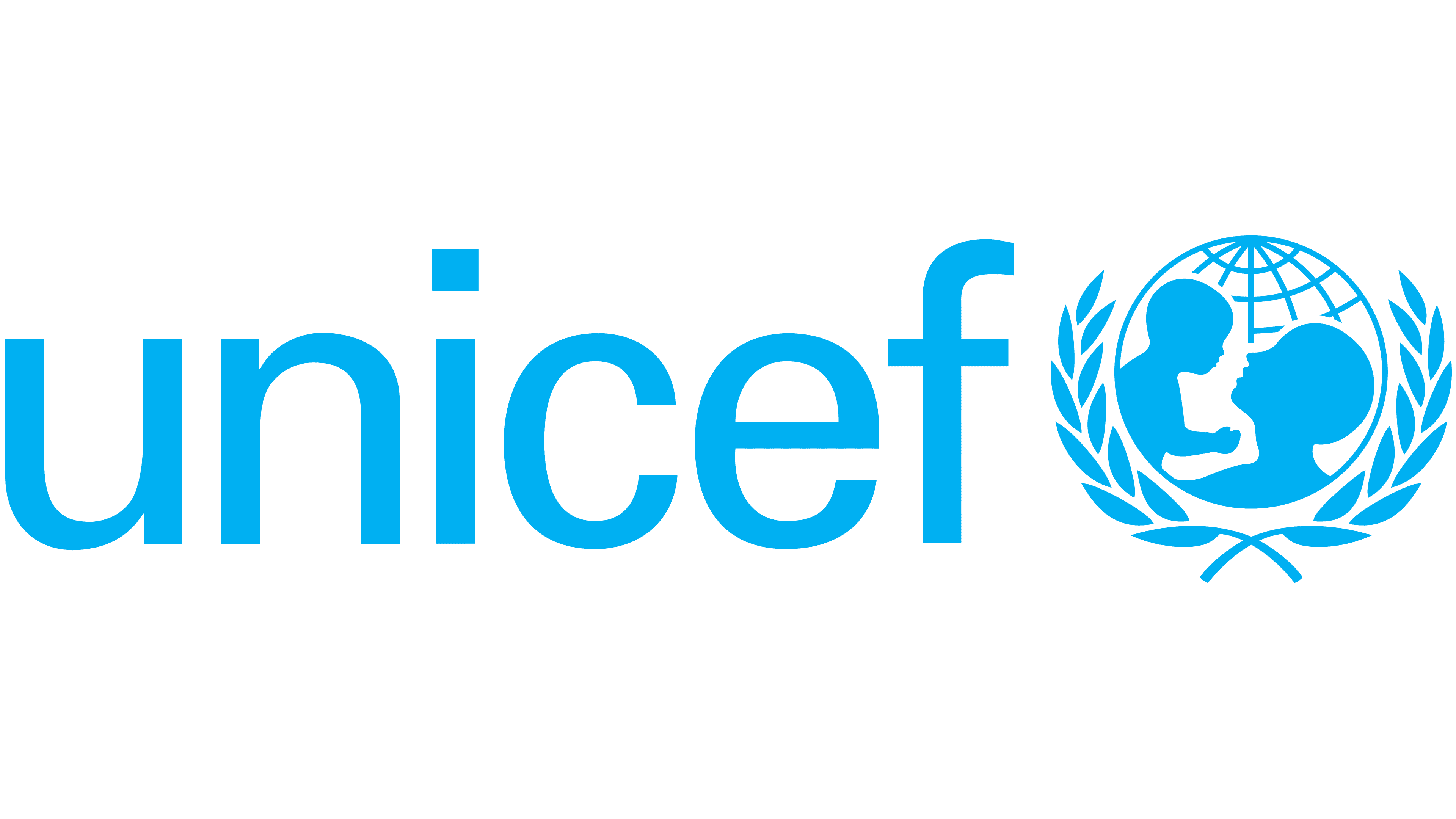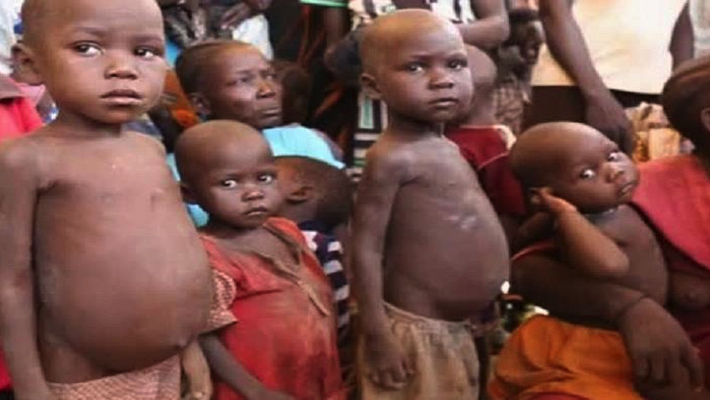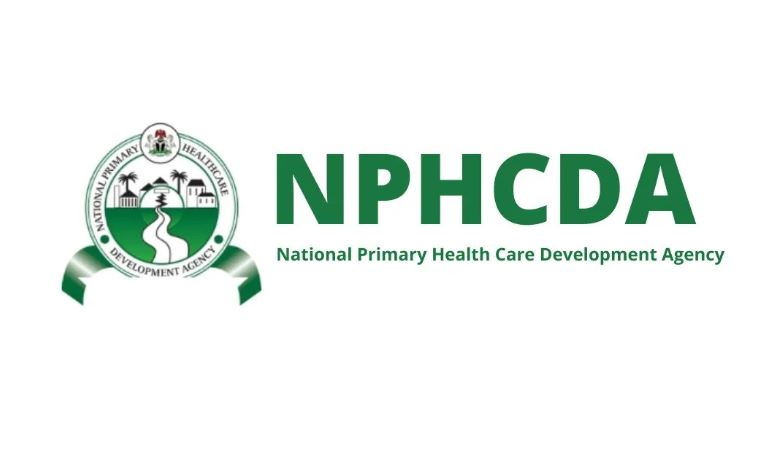Health
Psychiatrists – Naira scarcity affecting mental health of Nigerians
Some psychiatrists in the health sector have lamented the negative impacts of the current scarcity of naira notes on the mental health of Nigeria.
According to them, the development is negatively affecting the mental health of the people, thus making some of them more vulnerable to mental health conditions.
The Vice-President, Association of Psychiatrists of Nigeria (APN), Dr Veronica Nyamali, said that the scarcity of naira notes had contributed to the existing mental health instability in the country.
She also said that the trend had brought many to the verge of developing psychiatric problems.
Nyamali said that the naira scarcity had made those who were vulnerable to mental health issues to totally develop mental health disorder, while those not vulnerable were also being put at risk.
According to her, the Nigerian economy, still in post COVID-19 era where people are trying to cope and revive their businesses, with the election drawing closer, then suddenly the scarcity of new naira issue crops up.
She also expressed concern that the current situation had inflicted additional stress on the citizens.
According to her, when an economy has lots of psychosocial issues like this, the situation will definitely affect the mental health of the citizens.
She said, ”Already most Nigerians are battling with one underlying behavioural mental health problems or the other, such as depression, anxiety, alcohol and substance abuse.
”Presently, people do not have enough sleep. Instead, they spend lots of their productive time at fuel stations and bank ATM points.
”There are different displays at banks; people are aggressive; some are even going to the extent of fighting and using abusive words on others without minding the implications.
”The truth is that in all of these, the citizens’ mental health is being affected.
“The situation is enough to bring those who are vulnerable to mental health problems toward fully developing mental health condition and equally putting the non-vulnerable ones at risk.”
Nyamali, therefore, advised Nigerians to be conscious of their mental health, particularly at this period so that they could remain mentally stable.
Similarly, Dr Taiyeola Kajero, a consultant psychiatrist with Federal Neuropsychiatric Hospital, Yaba, Lagos, said that the naira issue, combined with other challenges, were bound to increase the number of people having mental health disorder.
According to Kajero, many people have resorted to taking drugs and alcohol in the process of trying to cope with the challenges.
He also said that the situation had put many in depression, with some losing interest in activities that normally gave them joy.
”Before now, people are going through lots of stress in the country, which has led many into depression.
”And when someone is depressed, anything can happen. It can result in suicide, homicide or even violence,” Kajero said.
On his part, Dr Jibril Nubi, a resident psychiatric doctor, expressed the need for adequate sleep and rest to reduce the risk of mental health conditions among Nigerians.
Nubi described poor sleep as gateway to mental illness, adding that the new naira scarcity had deprived many Nigerians of having enough rest and sleep.
He said that some people had resorted to sleeping at bank ATM points in an attempt to withdraw money.
The psychiatrist expressed the regret that many people had suddenly slumped and died due to accumulated stress.
He advised that people should reduce stress and create time to rest and sleep.
”Pay attention to your health; prioritise sleep and rest, because they are fundamental to mental health.
”Create time for relaxation and look beyond the economic situation of the country, and more importantly, focus on positives in every bad situation,” he said.
Health
UNICEF emphasises importance of polio vaccination to caregivers


The United Nations Children’s Fund (UNICEF) has encouraged caregivers in Katsina, Kano and Jigawa States to present their eligible children for the next round of polio vaccination exercise.
Mr Michael Banda, the Officer-in-charge of UNICEF Kano Field Office, made the call in Kano at a media dialogue on the polio campaign on Friday.
The media dialogue was organised by UNICEF in collaboration with the Kano State Primary Healthcare Development Agency, with participants from the above-mentioned states.
The News Agency of Nigeria (NAN) reports that the four-day polio vaccination exercise is scheduled to commence on April 20, across the three states.
According to the UNICEF Officer-in-charge of the Kano field office, the importance of the exercise cannot be overemphasised.
“As the data show, in Kano, Jigawa and Katsina, we have over 556,750 children who have not received one single dose of vaccination they should have received.
“These are referred to as zero-dose children. Such children inexorably are vulnerable to vaccine-preventable diseases, including poliomyelitis.
“This is unacceptable and must be tackled frontally. Not only is polio vaccination crucial, but all routine vaccinations are also critical to children’s survival.
“We must all work together to strengthen routine immunisation services and ensure that all children under five receive all vaccines, including the polio vaccine,” Banda said.
He added that, if all children got vaccinated and receive the vaccines they needed to receive, they would no longer be at risk of contracting polio, with attendant debilitating consequences.
He said that, rather they would have received the immunity which would protect them against vaccine-preventable diseases.
Banda emphasised that immunisation had been proven to be the most cost-effective protection against vaccine-preventable diseases.
“Let’s all work together, government, development partners, religious and traditional leaders, communities, NGOs, CSOs and the media, to ensure that every Nigerian child under five is vaccinated.
“This will protect them from not just polio, but all other vaccine-preventable diseases,” he appealed.
According to the UNICEF official, managing misinformation and vaccine hesitancy for Polio and overall vaccination is very crucial in Nigeria to stop the outbreak.
He stressed that the role of the media, including social media, was important in this aspect.
Health
Over 1,800 malnourished kids recovered in six months in Bauchi — CSOs


Rauf Oyewole, Bauchi
The Coalition of Civil Society –Scaling Up Nutrition in Nigeria, Bauchi State Chapter has said that through its partnership with other implementing partners they have assisted over 1,800 malnourished children to recover from Severe Acute Malnutrition (SAM).
The Secretary of the Network, Dabis Mwalike while addressing journalists as part of the activities marking the 10th year anniversary of the network, said that it also engaged in preventive measures against malnutrition in the state.
According to her, during the implementation, 698 healthcare providers were trained across the 20 local government areas of Bauchi, 400 community-based volunteers were trained while 4,229 comprising 2,059 males and 2,170 females, children under five identified with SAM and 7,743 made of 3661males and 4082 females, children under five identified with Moderate Acute Malnutrition (MAM).
She added that 1,825 children under five identified with SAM and MAM recovered. While 202 PHCs established food banks.
She said that despite all the achievements, malnutrition remains a concern to public health and a threat to child survival, growth, and development in the country, and Bauchi State according to NNHS (2018) and NDHS (2018) the State stunting rate is 46 percent, wasting is 9.5 percent while underweight is 28.2 percent and overweight is 0.5 percent.
Health
Capacity training will reduce migration of health workers- NPHCDA


-
Finance3 months ago
Court orders Sen. Victor Umeh to repay N136m bank debt to AMCON
-



 Abuja Update2 months ago
Abuja Update2 months agoUNDP, FG partnership needed to achieve inclusion, equity- Minister
-
Abuja Update4 weeks ago
Banks drive stock market performance with N147bn gain
-



 Infotech3 weeks ago
Infotech3 weeks agoWorld Backup Day: NITDA urges Nigerians to ensure backup of data
-
capital market2 years ago
Rt.briscoe, FBNH, Others halts negative performance of stock market
-



 Health2 weeks ago
Health2 weeks agoImmunisation: FG, GAVI seek synergy with Sokoto Govt.
-
Infotech1 week ago
Forex for Beginners: Unveiling the currency exchange and how to trade it
-
Submission Guidelines4 months ago
CALL FOR SUBMISSIONS: POETRY COLUMN-NND








